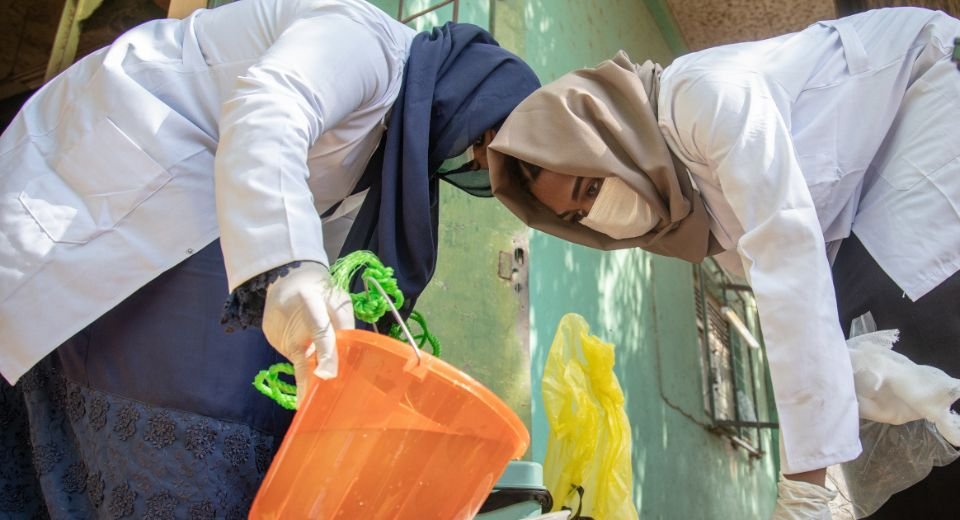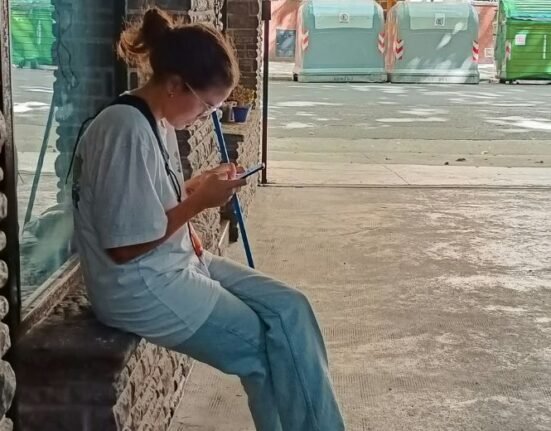HQ Team
July 23, 2024: The World Health Organization’s laboratory network has detected six variants of poliovirus type 2 (cVDPV2) in sewage samples in war-torn Gaza and warned of a global spread if it is not contained.
On July 16, 2024, the Global Polio Laboratory Network notified the WHO of the virus detection in wastewater samples collected from Deir al-Balah and Khan Younis in Gaza, according to an emailed statement quoting Dr Ayadil Saberkov, Team Lead for Health Emergencies at WHO in the occupied Palestinian territory.
Genomic sequencing of these isolates or samples by the US Centers for Disease Control and Prevention in Atlanta indicated that these isolates have close genetic linkage and are also related to the type 2 virus circulating in Egypt during the second half of 2023.
It was last detected in Egypt in samples collected in December last year. Based on the analysis of genetic changes in the isolates, the variant poliovirus could have been introduced in Gaza as early as September 2023.
‘High risk’
“WHO considers there to be a high risk of cVDPV2 spread within Gaza, and internationally if this outbreak is not responded to promptly and optimally,” according to the statement.
The global health agency stated, “it is important to note that poliovirus has been isolated from environmental samples only at this time.”
“No associated paralytic cases have been detected. However, acute flaccid paralysis surveillance has not been functioning adequately, and environmental surveillance has been suspended since 7 October 2023.”
Routine immunization rates in the occupied Palestinian territory were optimal before the start of the conflict in October 2023. Polio vaccination coverage, primarily conducted through routine immunization, was estimated at 99% in 2022.
This has declined to 89% in 2023, according to the latest WHO-UNICEF routine immunization estimates (WUENIC)
Wild poliovirus is the most commonly known form of the poliovirus. However, cVDPV, is its another form of polio that can spread within communities. While cVDPVs are rare, they have been increasing in recent years due to low immunization rates within communities. cVDPV type 2 (cVDPV2) are the most prevalent, with 959 cases occurring globally in 2020. Transmission of the virus occurs through feces of an infected child or consumption of water or food contaminated by fecal matter.
Escalating health crisis
In a June 14 statement, the WHO stated that it was concerned about the escalating health crisis in the occupied Palestinian territory, including the West Bank, where attacks on health infrastructure and increased restrictions on movement are obstructing access to health care.
A spike in violence in the West Bank, including East Jerusalem, since the war in Gaza started has resulted in the deaths of 521 Palestinians, including 126 children between 7 October 2023 and 10 June 2024.
In addition, more than 5200 people, 800 of them children, have been injured, adding to the growing burden of trauma and emergency care at already strained health facilities.
As of 28 May, WHO has documented 480 attacks on health care in the West Bank since October 7, 2023, resulting in 16 deaths and 95 injuries.
Only 16 of the 36 hospitals were partially functional, inpatient bed capacity stood at 1,532, down from 3500 before the war and 45 of the 105 primary healthcare facilities were functional, according to the July 23 statement.








